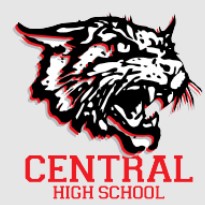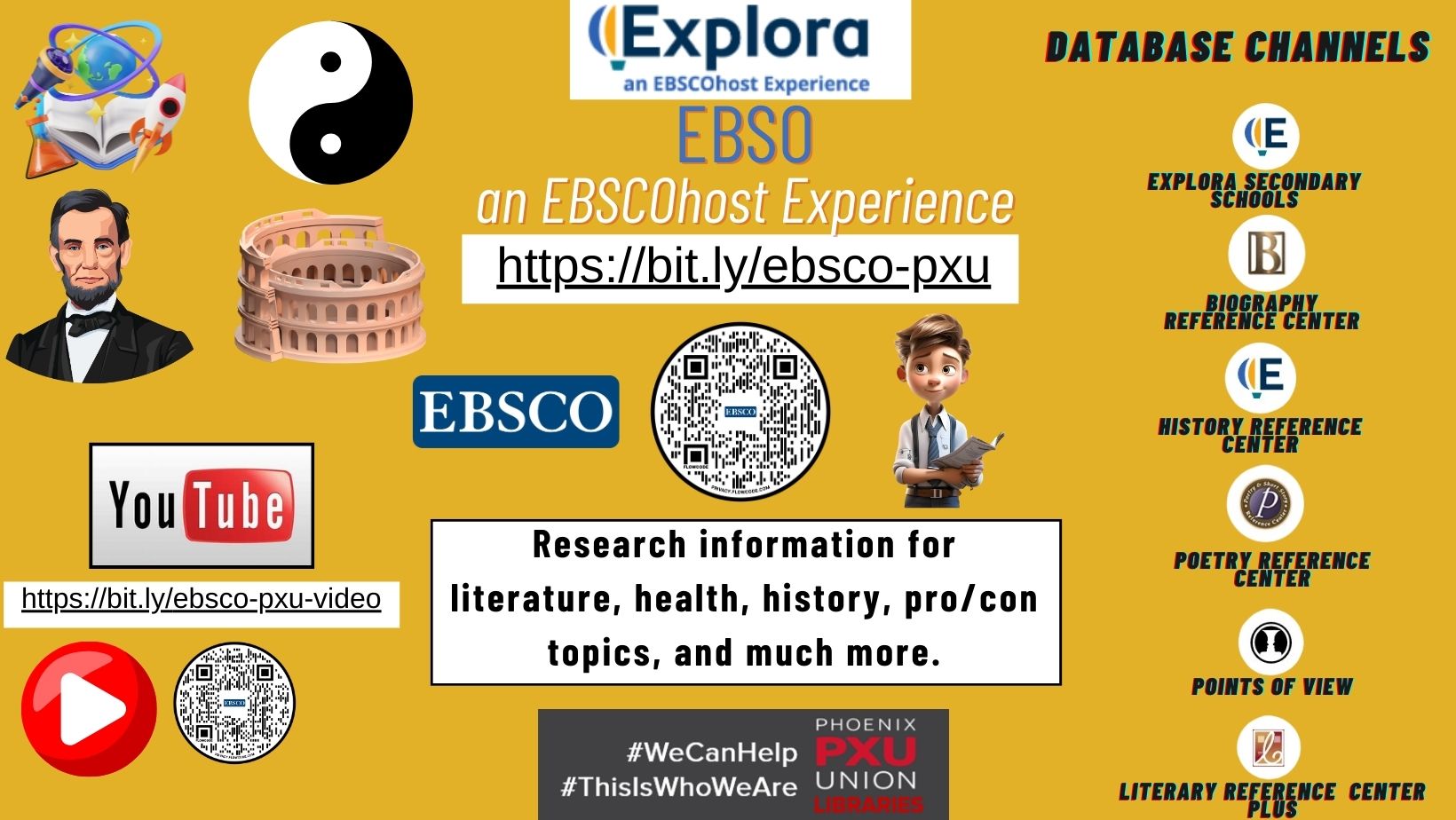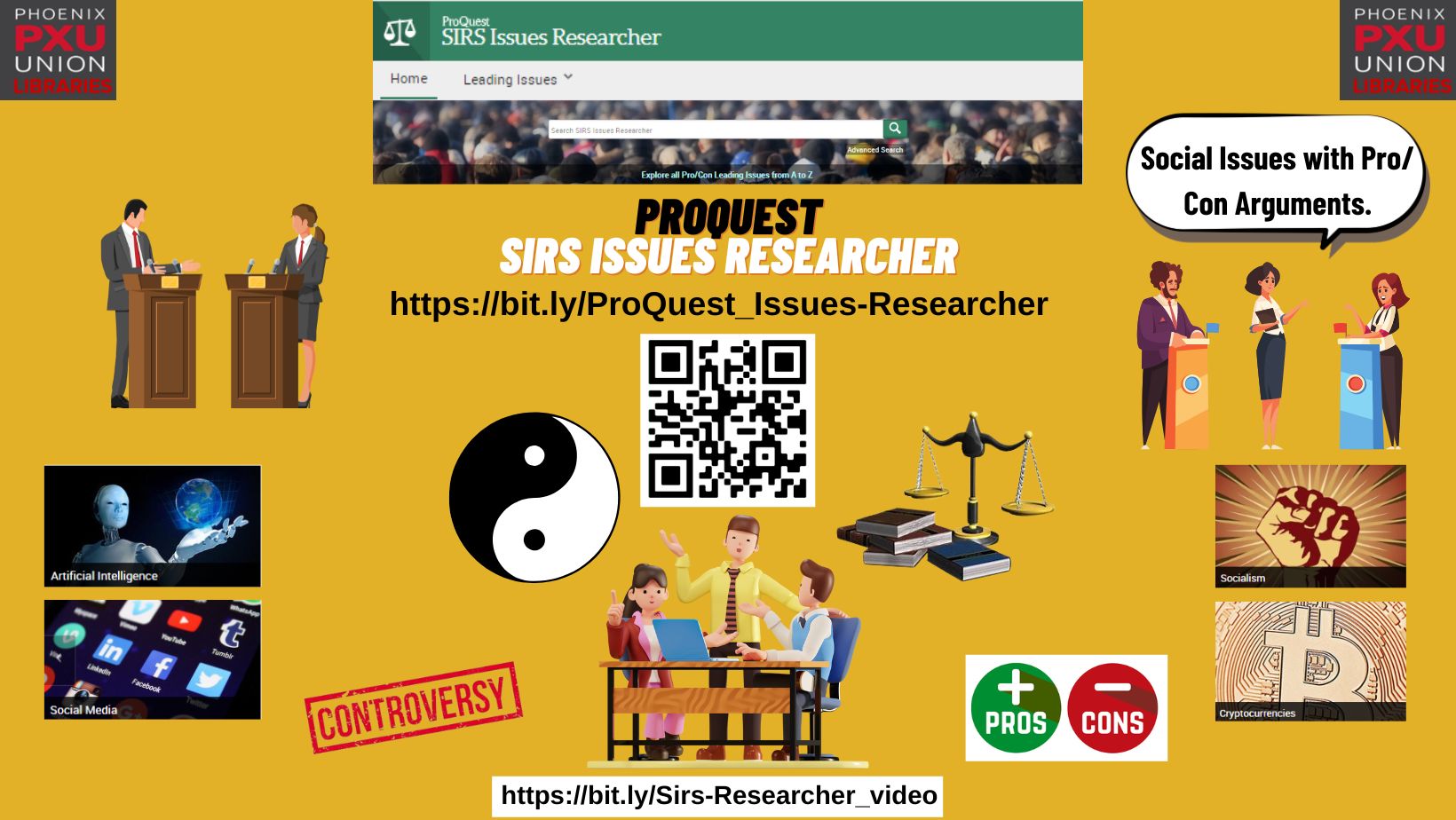Research for English Classes

This website was designed for English teachers/ students to be used for classroom research. Teachers please note I also included state standards to be used in lesson plans.
Database / Link | Description |
EBSCO Literary Reference Center Plus is a rich full-text literary database covering all literary genres and time periods. It includes thousands of synopses, critical essays, book reviews, literary journals and author biographies, plus full-text classic novels, short stories and poems. 113,200 classic and contemporary poems. View a tutorial video @ EBSCO Literary Reference Center Plus Short |

*Searching Tip- Literary Reference Center Plus is not directly linked to the database page. You must click on Literary Reference Plus from the EBSCO Suite of Products.
Please keep your searches simple, such as the author's last name, or the title of the work you are researching.
Teaching Resources
9-10.W.7 Conduct short as well as more sustained research projects to answer a question (including a self‐generated question) or solve a problem; narrow or broaden the inquiry when appropriate; synthesize multiple sources on the subject, demonstrating understanding of the subject under investigation. 9-10.W.8 Gather relevant information from multiple authoritative print and digital sources, using advanced searches effectively; assess the usefulness of each source in answering the research question; integrate information into the text selectively to maintain the flow of ideas, avoiding plagiarism and following a standard format for citation. 9-10.W.9 Draw evidence from literary or informational texts to support analysis, reflection, and research. a. Apply grades 9-10 Reading standards to literature. b. Apply grades 9-10 Reading standards to informational text and nonfiction.
Database/ Link | Description |
SIRS Knowledge Source with trending Social Issues presented in Pro/Con viewpoints with critical thinking questions and timelines. View a tutorial view @ SIRS Knowledge Source Shorts |

Teaching Standards
11-12.W.1 Write arguments to support claims in an analysis of substantive topics or texts, using valid reasoning and relevant and sufficient evidence. a. Introduce precise, knowledgeable claim(s), establish the significance of the claim(s), distinguish the claim(s) from alternate or opposing claims, and create an organization that logically sequences claim(s), counterclaims, reasons, and evidence. b. Develop claim(s) and counterclaims fairly and thoroughly, supplying the most relevant evidence for each while pointing out the strengths and limitations of both in a manner that anticipates the audience’s knowledge level, concerns, values, and possible biases. c. Use words, phrases, and clauses as well as varied syntax to link the major sections of the text, create cohesion, and clarify the relationships between claim(s) and reasons, between reasons and evidence, and between claim(s) and counterclaims. d. Establish and maintain a style and tone appropriate to the norms and conventions of the discipline in which they are writing. e. Provide a concluding statement or section that follows from and supports the argument presented.
Database / Link | Description |
Gale in Context Global Issues supports global awareness and provides a global perspective while tying together a wealth of authoritative content like news articles, reference materials, country information, primary source documents, videos, statistics, and much more. View a tutorial video @ Gale in Context Global Issues Shorts |

Teaching Standards
11-12.W.7 Conduct short as well as more sustained research projects to answer a question (including a self‐generated question) or solve a problem; narrow or broaden the inquiry when appropriate; synthesize multiple sources on the subject, demonstrating understanding of the subject under investigation. 11-12.W.8 Gather relevant information from multiple authoritative print and digital sources, using advanced searches effectively; assess the strengths and limitations of each source in terms of the task, purpose, and audience; integrate information into the text selectively to maintain the flow of ideas, avoiding plagiarism and overreliance on any one source and following a standard format for citation. 11-12.W.9 Draw evidence from literary or informational texts to support analysis, reflection, and research. a. Apply grades 11-12 Reading standards to literature. b. Apply grades 11-12 Reading standards to informational text and nonfiction.
*Taken from Arizona’s English Language Arts Standards 11-12th Grade
General Resources
Database / Link | Description |
Gale Issues in Context High School offers cross-curricular content aligned to national and state curricular standards and reinforces the development of skills, such as critical thinking, problem solving, communication, collaboration, creativity and innovation. View a tutorial video @ Gale Issues in Context High School Shorts |
Teaching Standards
11-12.RI.7 Integrate and evaluate multiple sources of information presented in different media or formats (e.g., visually, quantitatively) as well as in print in order to address a question or solve a problem.
*Taken from Arizona’s English Language Arts Standards – 11-12th Grade
Database / Link | Description |
Britannica School has three reading levels for research information plus links to reviewed websites. Features an atlas and timeline, plus you can make your own timeline. View a tutorial video @ World Book Encyclopedia Youtube |
Teaching Standards
11-12.RI.7 Integrate and evaluate multiple sources of information presented in different media or formats (e.g., visually, quantitatively) as well as in print in order to address a question or solve a problem.
*Taken from Arizona’s English Language Arts Standards – 11-12th Grade
